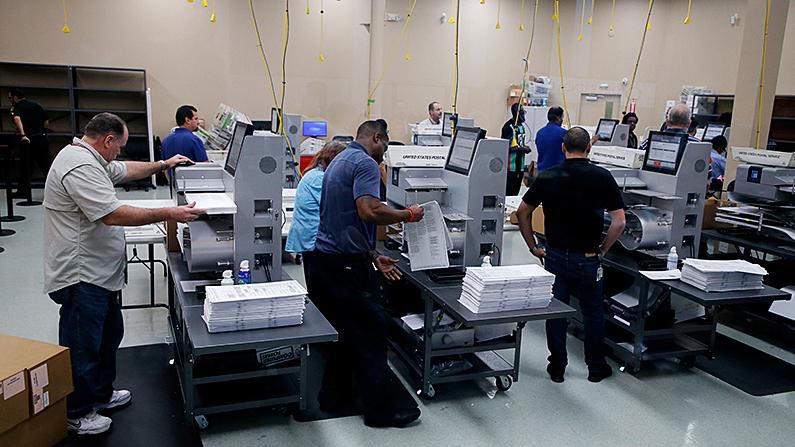The North Carolina Board of Elections has released affidavits from voters who alleged that a Republican campaign worker collected their absentee ballots in a U.S. congressional race in which the Democrat lost.
It is illegal in North Carolina for anyone except the voter or a near-relative to deliver an absentee ballot in person.





